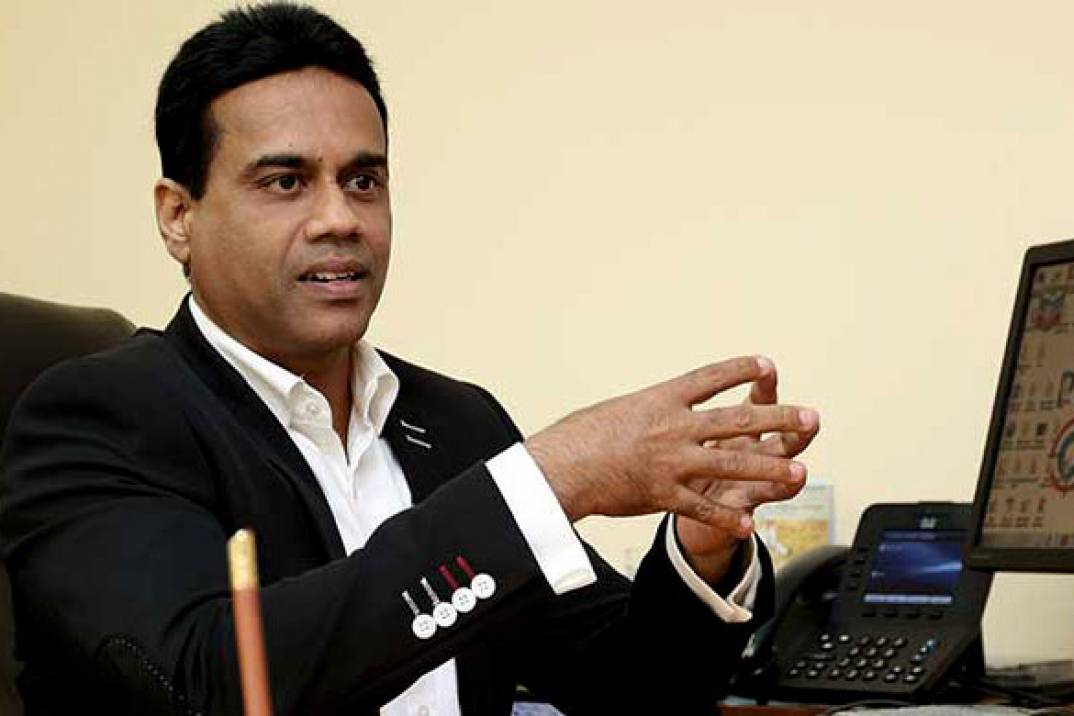Sri Lanka’s tourist industry is looking to recover from a massive blow from Easter Sunday bombings, with tighter security and promotions to entice visitors, officials said, but is awaiting a government statement on security.
“Collectively, we shall bounce back,” Kishu Gomes, Chairman of Sri Lanka Tourism Promotions Bureau (SLTPB), said.
“We will make this the most preferred destination again. We have done it before, not once but many times.”
The SLTPB is in the process of hiring a global public relations agency to carry out a communications strategy and is awaiting government clearance for the budget.
Gomez said tourists are still arriving on the island, despite 37 travel advisories. Over 250 persons, including 42 foreigners, were killed in Islamic State-linked bombings at three Churches and three hotels on Easter Sunday.
“After the incidents in the first day, no attacks have taken place,” he said.
All later incidents were related to arrests and action by security forces in countering the terror network.
“National security is number one. We need to be able to go out and say, the country is back on track,” Gomes said.
“We are working on that.”
The industry is looking to the government to provide a public security statement and update foreign governments.
“Our appeals to the government are a clear and comprehensive report to the local and international media, with an update on the results of security measures taken so far, security measures in place at the moment, and how you are looking at securing the country in the future,” Sri Lanka Tourist Hotels Association Chairman Sanath Ukwatte said.
“An update needs to be made to the foreign governments that have imposed travel bans, so that they can consider relaxing the travel advisories.”
Sri Lanka police and military are working on dismantling the terror network that carried out the bombing, and is assuring security at tourist sites and hotels.
Military spokesman Brigadier Sumith Attapattu said security officials were focusing on preventing unrest and carrying out search operations to net the perpetrators of the bombings.
“As a result, we were able to apprehend about 70 to 80 percent of their cadres,” he said. “Tourist sites have been provided security. We are ready to beef up or strengthen more if requested.”
“As at today, we are in an advantageous position. We know them. We know the routes.”
Large hauls of material that could have been used for bombings were also found, he said.
About 15,000 troops were deployed on the ground to provide immediate assistance.
In April, tourist arrivals were down 7.5 percent.
The second quarter of the year is usually the so-called off-season in Sri Lanka when monsoons make West Coast beaches rough.
In May last year, there were about 4,300 visitors arriving daily. In 2019, about 1700 were still coming, Gomes said.
This is about 60 percent of the level seen last year.
Large travel companies had stopped selling Sri Lanka after insurers backed off in the face of travel advisories, Haritha Perera, head of Sri Lanka Association of Inbound Tour Operators, said.
“But individual travelers are making bookings,” Perera said. He said given past experience, countries do not relax travel advisories in one go, but steady improvements have to be shown.
“Nothing has happened to Sri Lanka tourism value proposition,” Gomes said.
He said that typically, other destinations that had been hit by terror attacks had taken about 13 months on average to reach the earlier level of arrivals.
While early data in May showed a 60 percent fall compared to last year, he believe the annual fall could be limited to 30 percent if there are no further incidents.
Meanwhile, tourist hotels are seeking debt relief, soft loans, and tax waivers.
(Republic Next)

